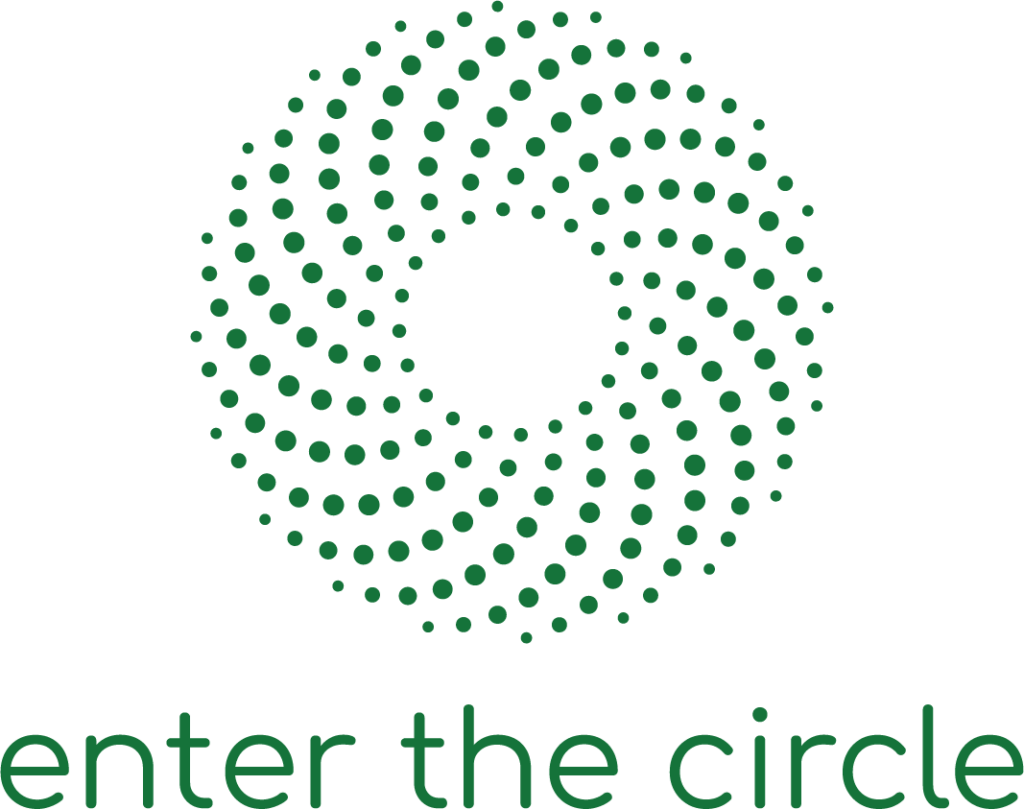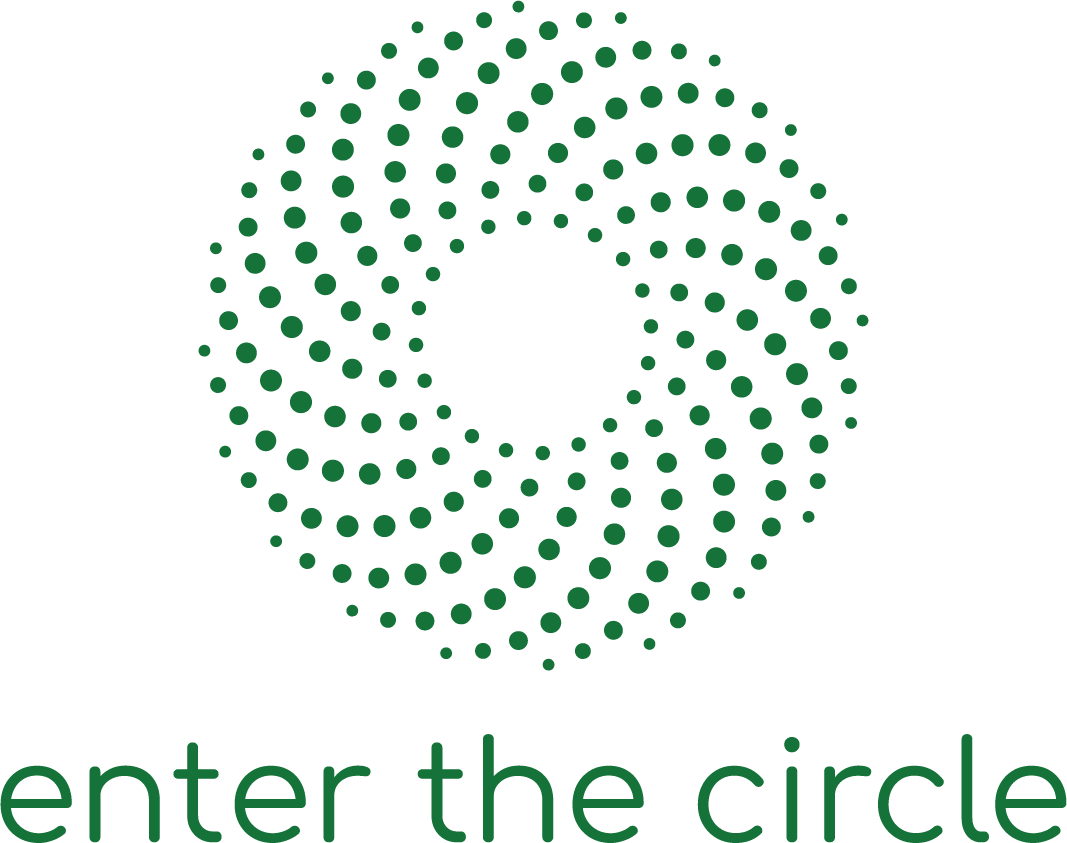The European Green Deal is a bold strategic roadmap that seeks to transform Europe’s systems of production and consumption, with the aim of delivering continued economic growth while protecting ecosystems. However, doubts exist about whether unending economic growth is feasible, given nature’s finite capacity to provide resources and absorb pollution. In addition, Europe faces downward pressures on economic growth, ranging from population ageing to pandemics and climate change impacts.
The European Environment Agency (EEA) report ‘Reflecting on green growth’ argues that reducing society’s dependence on economic growth will be a key part of the transition towards a more resilient and sustainable future. The report suggests that Europe needs to transform its economy in ways that enable it to secure society’s well-being even if GDP is contracting.
This approach will require changes to fiscal systems and far-reaching measures to reorient economic activity at all scales, from local innovators to multinational corporations. Rewiring financial flows will be essential, as will the development of new knowledge systems that enable thinking and action at the necessary pace and scale.
The idea that societies rely on growth to sustain employment levels, increase living standards, and generate tax revenues is deeply ingrained. However, the EEA report suggests that we need to rethink our relationship with growth and develop alternative measures of well-being that take account of social, environmental, and economic factors.
This shift away from a growth-based economic model is not only necessary to protect the environment, but it also has the potential to create more resilient and equitable societies. It requires a fundamental transformation of our economic systems and values, which will not be easy. However, the seeds for this transformation are already emerging in policy and practice.
The EU’s sustainable finance agenda is an example of how policy can help to reshape financial flows to support sustainable economic activity. Many businesses and investors are already recognizing the importance of sustainability and are changing their practices accordingly.
Ultimately, the transition towards a more resilient and sustainable future will require leadership and action at all levels, from governments and international organizations to communities and individuals. It will require us to question the assumptions that underpin our current economic systems and to embrace new ways of thinking and acting.
More info:
https://www.eea.europa.eu/highlights/creating-a-resilient-economy-within

